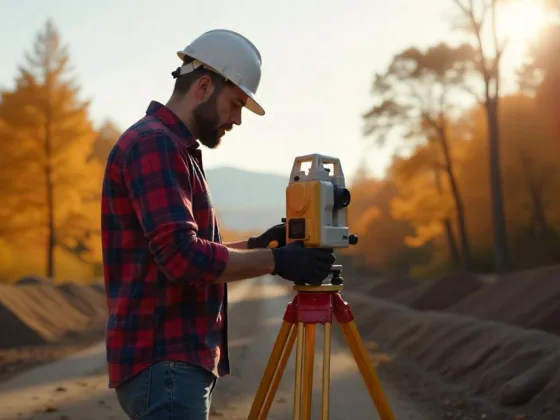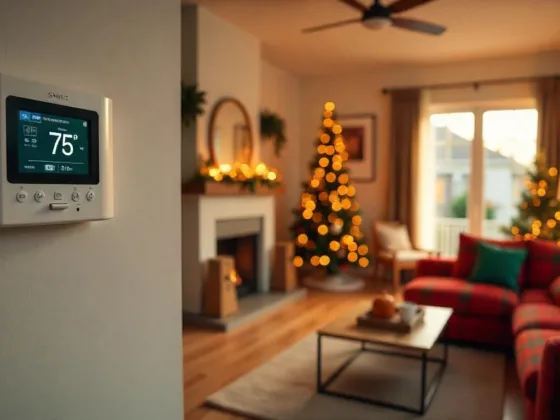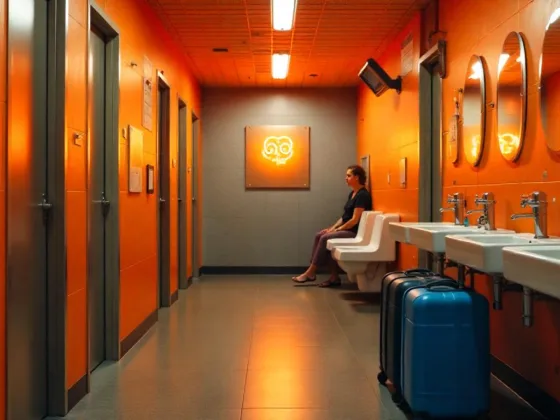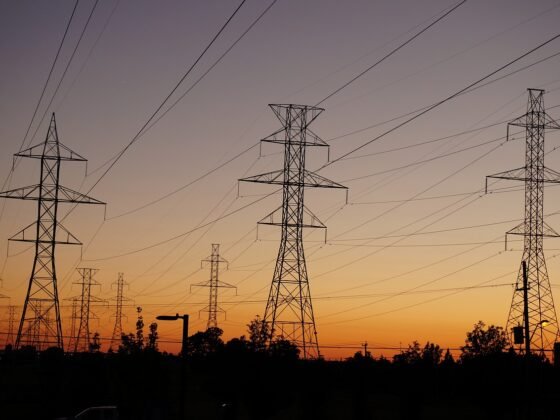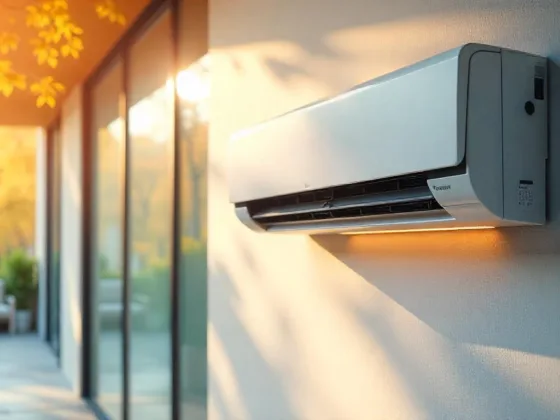Table of Contents Show
Are you planning to give your home a significant makeover? Does your home improvement project require you to move most of your furniture? Are you wondering where you can temporarily store your items?
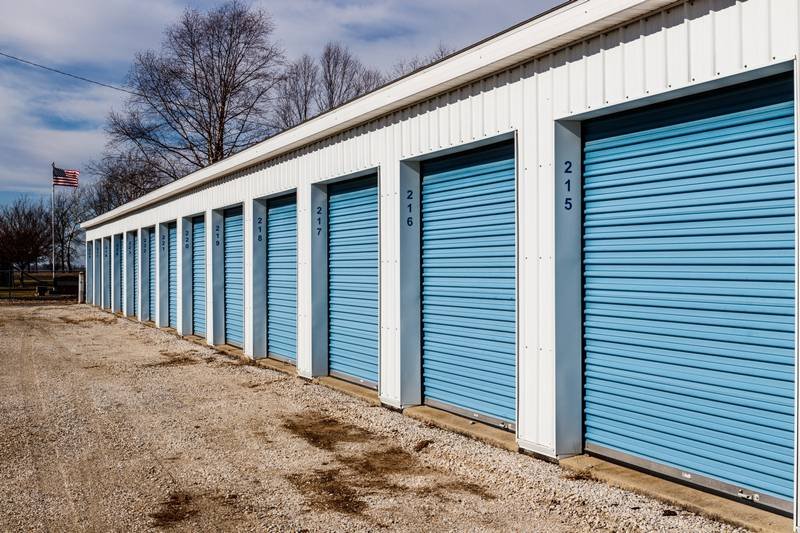
One of the best solutions to consider is renting a storage unit. Interestingly, the storage unit industry in the United States is on an upward trend. With one in every 11 Americans paying close to $100 monthly on self-storage, the industry now stands at $38 billion in value.
But how do you choose the right storage unit provider? Continue reading below as we give you renting tips that will go a long way.
Advantages of a Storage Unit
Before we proceed, let us first discuss the advantages of renting a storage unit. This way, you will better appreciate what they can do and maximize the value of what you are going to pay.
Protection from the Elements
Keeping your belongings in a storage unit protects them from environmental damage. Change in climate can easily damage wooden furniture. But inside a storage unit, your items can enjoy controlled temperature.
Security from Theft
Another benefit is protection from theft. Storage units generally come with secure locks. These locks are hard to break.
Moreover, CCTV and 24/7 monitoring also come with the package.
Cost-Effective Solution
Last but not least, renting a storage unit is a cost-effective solution. This is because you only pay for the storage you need. You also enjoy flexibility since you can pull out your items anytime you want.
Storage Renting Tips
Before you find a storage area near you, there are key factors that you need to consider. Let us head on to some valuable tips that will help first-timers like you. Here are 11 of the best storage renting tips to follow:
Read Also:
- Home Improvements: Why You Should Use Self Storage When Renovating
- Five Mistakes Every Homeowner Must Avoid During Renovation Projects
- 4 Benefits of Using Storage Units When Undergoing Home Renovations
- Learn the Basics of Choosing Reliable Storage and Moving Company
- Prepare for a Big Home Renovation Project the Right Way
Determine the Size You Need
First, you need to determine the size of the storage unit you need. Thankfully, most storage unit providers offer different size options. Some of the most common sizes include:
- 5’x5′
- 5’x10′
- 10’x10′
- 10’x15′
- 10’x20′
If you are unsure of the size that you need, collect all the items you wish to store. Place them all inside a section of your garage or an empty room. From there, you can measure the size you need.
Full or Self-Storage?
The next thing you need to determine is the type of storage. Should you go for full-service storage or a self-storage unit? A full-service storage provider will pick the items from your house and bring them to their facility.
On the flip side, self-storage means you are the one who will bring your items to the storage units. You also have the power to bring them out. Additionally, you also hold the responsibility of documenting your items.
Prepare the Requirements
Before heading to the storage unit provider, you need to prepare the necessary documents. Part of the requirements is any of the following: your state ID, driver’s license, military ID, or passport.
Don’t forget to sign a contract. Read every line on every page, including any fine prints, before signing!
Check the Facility
Make sure to visit the facility and inspect the storage units carefully. You want to make sure security cameras are covering the units. You also want to ensure they have proper lighting.
Check the cleanliness of the area. You want a parking space that allows you to unload and load your items. Lastly, it is best to go for a provider that is close to your home.
Learn the Cost Computation
Since it’s your first time, you need to understand how they compute the cost. Generally, companies compute the cost according to the length of usage. The most common length of contracts for self-storage units is month-to-month. This gives you the power to extend your rent if need be.
Meanwhile, full-service storage providers offer 3-month contracts as a minimum.
Indoor Items Only?
You also need to confirm the type of items you can store in their units. This is crucial if you need to move large items like RVs and boats. Some providers can only accommodate furniture and household appliances.
Transporting Concerns
If you choose to go the self-storage route, you need to determine how you will bring your items to the storage facility. If your items are too many for your large vehicle to carry, consider truck rental as an alternative. You may also go for a storage unit provider that offers free truck rental.
Regular or Climate-Controlled?
Do you have precious items like antiques and old furniture? Then you need to find out if the storage features climate control. This feature will protect your items from the possible development of mold and mildew.
Regardless of the season, storage units with climate control maintain temperatures that range from 55 to 80 degrees. However, be ready to pay extra if you wish to enjoy this feature.
The Need for Insurance
Are you wondering if you need storage insurance? The resounding answer is “yes!” This is because storage companies are not responsible if flood, theft, or acts of God damage your items.
In case you have existing homeowners insurance, add storage coverage to your policy.
Ask About Discounts
Like any other transaction, don’t be shy to ask if the provider offers discounts. Some companies offer special deals for clients who opt to pre-pay for a certain period. Discounts normally apply for rentals that last at least six months.
Create an Inventory List
Finally, you need to create an inventory list of your items. Group your items depending on their use. Make sure to take pictures of every item especially the most valuable ones.
Before taking your stuff home, cross-check your list to ensure everything is complete.
Protect Your Valuables at All Times
Through these storage renting tips, you can rest knowing that your items are safe during your home improvement project. But this is not the only time you need to protect your valuables.
We encourage you to check our other articles that will help keep your home items safe. We feature products and share tips to secure your property during various circumstances.




